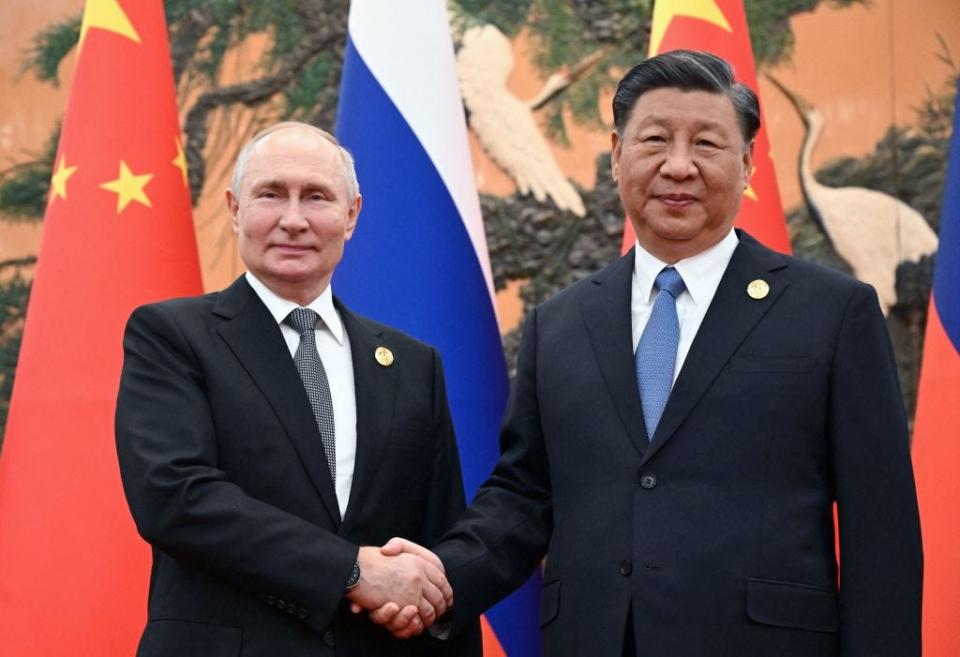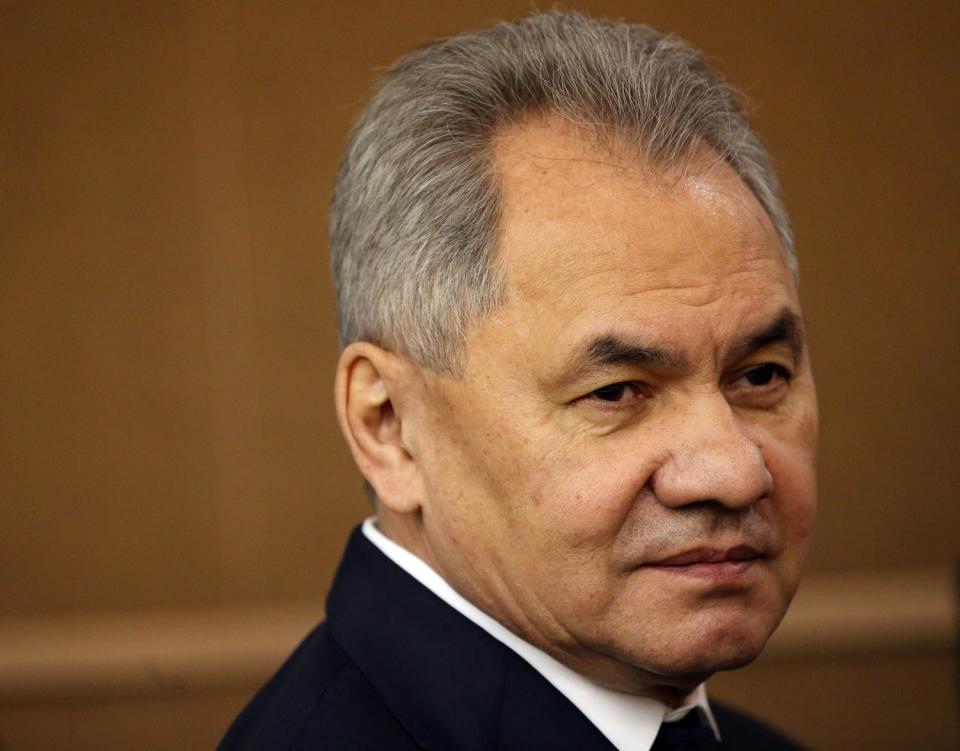US asked China and India for help to prevent Russia from carrying out a nuclear strike in 2022, report says
The US sought the help of non-allies to try to dissuade Russia from carrying out a nuclear strike in 2022.
The US feared a Ukrainian counteroffensive against Kherson could trigger Putin.
US officials told CNN that input from India and China may have had an effect on Russia's thinking.
The US asked non-allies for help in an attempt to dissuade Russia from carrying out a nuclear strike in 2022, a senior US administration official told CNN.
"One of the things we did was not only message them directly but strongly urge, press, encourage other countries, to whom they might be more attentive, to do the same thing," they said, per the report.
The official said their assessment was that input from the likes of India, China, and others "may have had some effect" on Russia's thinking.
"The concern from key countries for Russia and the Global South, was also a helpful, persuasive factor and showed them what the cost of all this could be," another US official told the outlet.

Worries that Putin might resort to using nuclear weapons spread in 2022 after Russian forces faced a series of defeats and Ukraine launched a counteroffensive against the prized city of Kherson in southern Ukraine.
"If significant numbers of Russian forces were overrun — if their lives were shattered as such — that was a sort of precursor to a potential threat directly to Russian territory or the Russian state," one of the senior officials said.
And the Biden administration feared that this might trigger Putin to use nuclear weapons as a deterrent to avoid further losses, as he viewed the captured town of Kherson as part of Russia itself, per the CNN report.
Russia's 'dirty bomb' claim
In October 2022, Russian propagandists also began circulating a story suggesting that Ukraine was planning to use a "dirty bomb," a device containing both radioactive material and regular explosives.
Sergei Shoigu, Russia's defense minister, put the claim to the US and a number of its allies.

"Russian public messaging came way out of the left field on the potential for Ukraine to use a dirty bomb, which we saw not grounded in reality," one of the administration officials said.
But they added that there were fears Russia was making the claims as "a pretext for them to do something crazy or as a cover for something they themselves were looking at doing."
The Institute for the Study of War think tank said at the time that the move "likely sought to slow or suspend Western military aid" and "possibly weaken the NATO alliance in scare-mongering calls."
Nevertheless, one official said, "the risk level seemed to be going up, beyond where it had been at any other point in time."
In June 2023, President Joe Biden said Russia's nuclear threat remained "real" following the news that Russia had moved nuclear weapons into neighboring Belarus.
Last month, Putin made some of his most explicit nuclear threats so far after French President Emmanuel Macron suggested NATO could send troops to aid Ukraine — despite the idea being rejected by the US and other NATO allies.
"(Western nations) must realise that we also have weapons that can hit targets on their territory," he said, per Reuters. "All this really threatens a conflict with the use of nuclear weapons and the destruction of civilisation. Don't they get that?"
Read the original article on Business Insider


